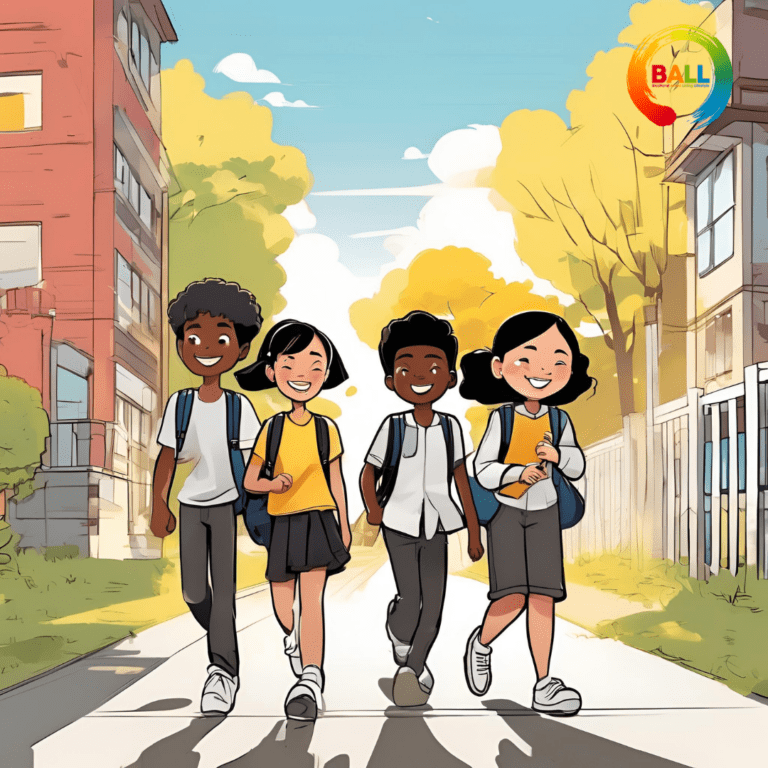Did you know that nearly one in five students experiences bullying each year? Bullying can take many forms—verbal, physical, social, or online—and its impact goes far beyond hurt feelings. Victims may struggle with anxiety, depression, and low self-esteem, and in severe cases, it can affect academic performance and emotional health. Recognizing the signs early—such as sudden withdrawal, changes in mood, or reluctance to go to school—is the first step in helping those affected. Awareness is the foundation for change.
When we notice someone being bullied, our response matters. Encouraging victims to speak up, seek help from trusted adults, and connect with school counselors or support lines can make a big difference. Even small acts of kindness—listening without judgment, offering to walk with someone between classes, or including them in group activities—can remind victims that they’re not alone. Building a network of empathy and support empowers students to stand stronger together.
Preventing bullying starts with creating environments where respect and compassion thrive. Schools and communities can foster inclusion by promoting kindness campaigns, encouraging bystander intervention, and setting clear anti-bullying policies. Teaching empathy, celebrating diversity, and practicing open communication can help transform school culture into one of safety and acceptance. Together, we can make every classroom and hallway a place where all students feel seen, valued, and protected.
Jarrelle ( 杰遨 – Jieao ) Barton







